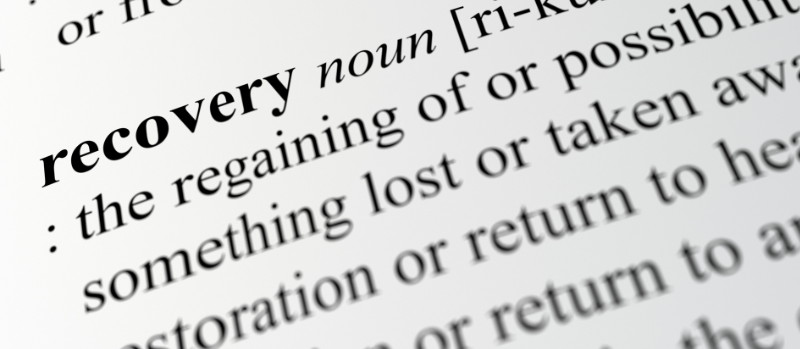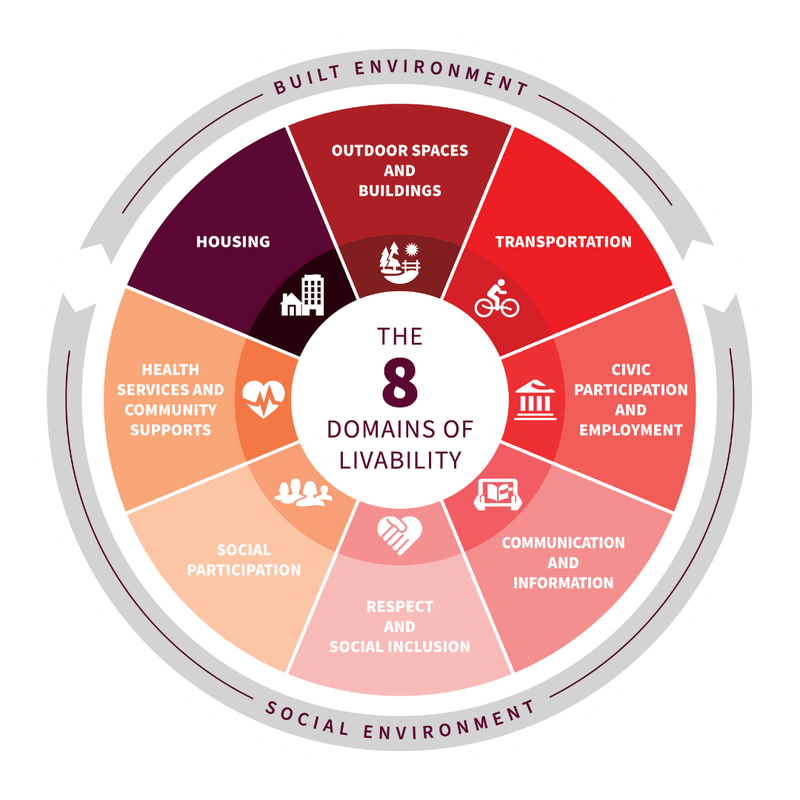September 5: Acronyms, Acronyms, Acronyms (with apologies to Hamlet)
I’m the director of Hope for New Hampshire Recovery, New Hampshire’s premier recovery community center, but that’s not what I want to talk about today.



I’m the director of Hope for New Hampshire Recovery, New Hampshire’s premier recovery community center, but that’s not what I want to talk about today.
I’m the father of three beautiful, talented and wonderful daughters, and the husband to a woman who is so far out of my league we may as well not be playing the same sport, but that’s not what I want to talk about today.
I’m a writer who became a thousandaire from sales of a book I wrote a while ago, but that’s not what I want to talk about today.
Today, I want to talk about words, two pairs of phrases in particular:
- Alcoholic vs. person with Alcohol Use Disorder
- Addict vs. person with Substance Use Disorder
In each pair, you’ll notice the first word is colloquial, the term thrown around in casual conversation, and the second, with three capital letters no less, is the more formal-sounding phrase. A doctor is loath to identify a patient as an alcoholic; her diagnosis is certain to be “Alcohol Use Disorder (AUD).” Likewise, the self-identified addict will have her treatment billed for services for Substance Use Disorder (SUD) or perhaps Opioid Use Disorder (OUD), Cocaine Use Disorder (CUD) or Methamphetamine Use Disorder (MUD). (As a former habitual user of meth, I am offended by my name being associated with MUD, but that’s another battle for another day.)
Like much of the world, recovery has properly focused on the power of words and the importance of words in people’s view of others. Instead of midgets and dwarves, we have little people. Instead of the homeless, we have people temporarily without housing. Instead of prostitutes, we have sex workers.
Overall, these changes have been good. Human beings are people first, not unusually short people, not down-on-their-luck people, not sex-selling people. I am not my job, my role or my hobbies. I am a person.
Still . . .
I want to choose my own definition, my own description, even my own pejorative. As someone with Alcohol Use Disorder, Substance Use Disorder and doubtless many other diagnoses from the DSM-V-TR (the index of mental disorders used by clinicians to classify patients), I want the freedom to call myself an addict, a junkie, a drunk or an alcoholic. Since the point of the progressive vocabulary changes is to humanize things, I’m not sure what is gained by taking away users’ ability to name themselves. It is strange indeed to be in a meeting where people are asked to name their pronouns but be informed one’s self-identification is unacceptable.
If you mentally substitute person with SUD into the following poem, I think you’ll see what I mean:
My Trinity
I was a heroin addict.
I am a heroin addict.
I will always be a heroin addict.
My past, my present and my future
Are not defined but are informed by
Heroin
And my need for it
Was, am, will always be.
Until I lay down in my final darkness,
Give up the ghost,
Buy the farm,
Die,
Addiction is in my bones, my soul
Perhaps my DNA.
I steer clear
Of that opiate island
Of peace, comfort and blessed nothingness,
Fighting a current
Drawing me toward addiction.
Always, every day,
I remember that holy threesome:
The past, the present, the future.
I was. I am. I always will be.
Lest you think I’m setting fire to a straw man here, the federal government’s National Institute of Health urges folks to eschew “alcoholic” in favor of “person with AUD.” The reasoning is sound—people-first language makes sense—but what could be more “people first” than “I am an alcoholic.” The first-person singular pronoun is about as person-first as can be.
The treatment and recovery worlds have a saying which makes a lot of sense:
“You are in recovery when you say you’re in recovery.”
This phrase allows the speaker to define his or her own recovery, whatever it may look like to others. It successfully gives the speaker autonomy and power. It just makes sense.
Two other sentences that make sense?
“I am an addict when I say I’m an addict.”
“I am an alcoholic when I say I’m an alcoholic.”
You matter. I, an addict and alcoholic, matter. We matter.





